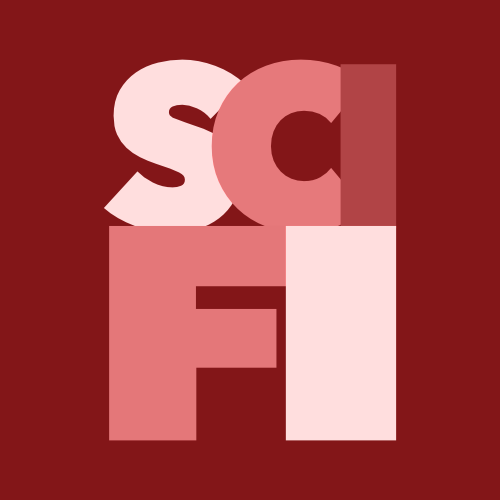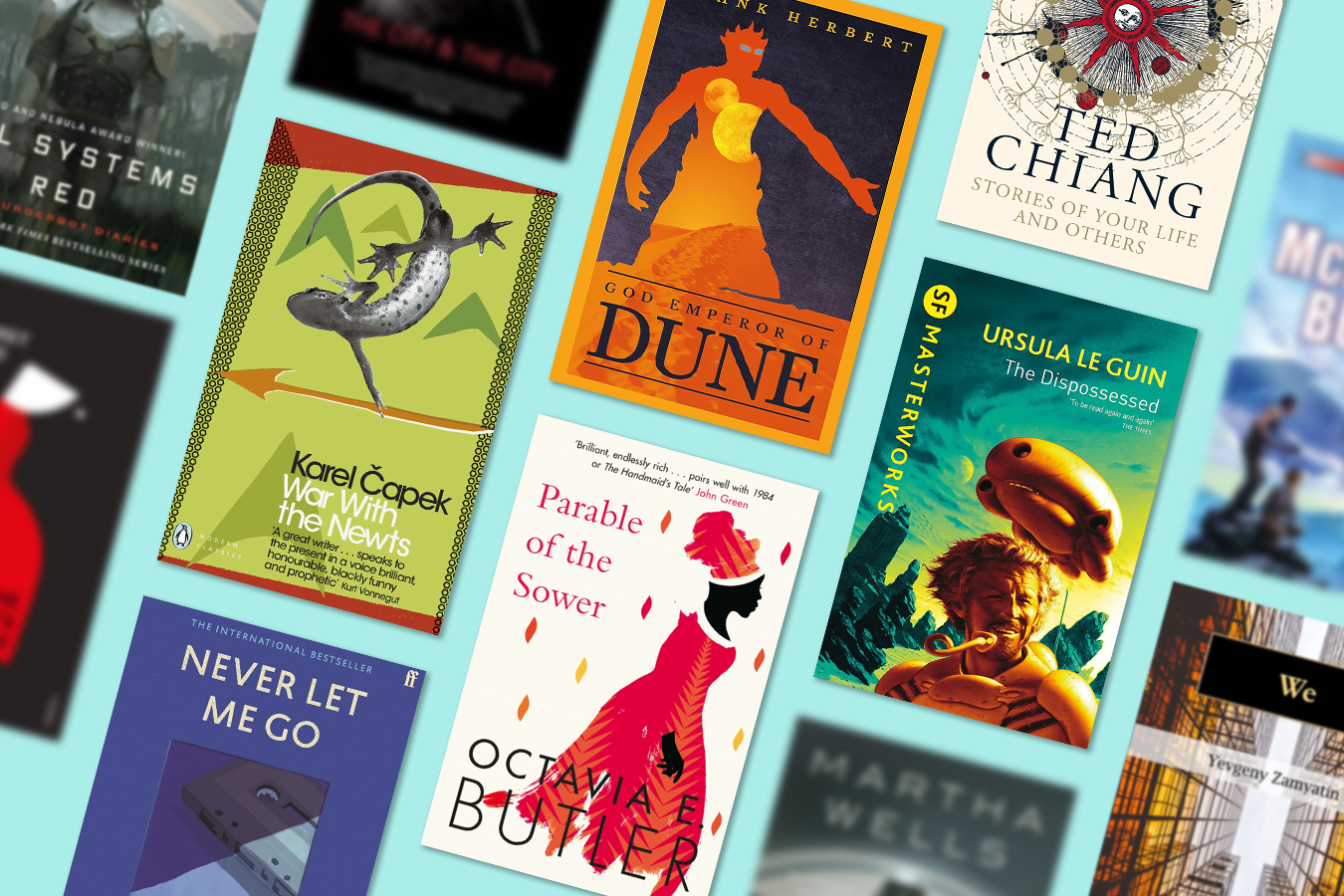This is an interesting list. It’s missing some of the true great classics, like Frankenstein, and it has a number of unusual, less well known titles, but there’s a lot to like on it. There’s certainly a lot for people to disagree about, but it may well have your less often cited favorites, too. What do you think?



I saw an exhibit on Octavia E. Butler at the African American museum in DC. Had heard her name, but never read any of her work. “Kindred” sounds really interesting.
Once I’m through my current reading backlog, I might just start going down this list over the Summer. Appreciate the posting.
I’ve added the Butler books to my list.
Some of these are on the list of books I’ve read in the last year that I posted recently, in case those notes are helpful at all (some I’ve read earlier, and don’t have notes like this). Here’s what I’ve read since that post, which includes some overlap with this list, along with my notes, just for what it’s worth:
Rule 34, Stross Somewhat of a sequel to Halting State, taking place a few years later. Spammers are being killed around the world, many at the same time. Story mostly follows a detective on the case, a psychopath involved, and a flunky who is unwittingly part of things. Interesting, though as with Halting State, the use of second person seems weird.
Consider Phlebas, Banks Both sides in a war raging across the galaxy are trying to get to an advanced artificial intelligence. Mostly told from the POV of a human variant who can change appearance. Banks’s first SF novel - pretty good though I didn’t find the main character especially likable.
The Fifth Season, Jemison Fantasy - first book in the Broken Earth trilogy. Set in an earth where all the land is one big continent that goes through periods of big seismic/volcanic activity such that there’s well-followed lore about how to get through them. There are “orogenes" who have a power to control the seismic activity to varying extents. The story alternates from the perspective of three female orogenes struggling with their respective situations. Very well crafted and structured. Good.
Never Let Me Go, Ishiguro This is an odd book. It’s very slow paced, and not much actually happens. I think it’s best to read it without knowing anything at all, so I’m going to avoid spoilers. It’s a story told first person by a woman who attended a special boarding school. For a quarter of the book, there are barely even hints that there’s anything unusual going on. We don’t get an understanding of it until halfway, and even then not fully. I feel like this might have been better as a novella. That said, it was highly regarded and even made into a movie (that I never saw). The premise is really interesting, and the story moving, but for half the book we’re just reading a woman reminiscing on her school days.
Home: Habitat, Range, Niche, Territory, Wells A short story in the Murderbot series, taking place between Exit Strategy and Fugitive Telemetry (but published well after). This one from the point of view of Dr. Mensah and the after effects of the ordeal in Exit Strategy. Would be good to read in between those books.
The Saint of Bright Doors, CHANDRASEKERA A boy is raised by his mother to kill his father (and others). He has no shadow, and has to work to keep from floating off the ground. He grows up and moves to a big, strange city to escape his mother’s vision for him, but he has a strange destiny. An odd fantasy story, with odd bits of magic, odd characters, and an odd arc. Enjoyable.
The Player of Games, Banks Second in the Culture Wars series, set in the same universe as Consider Phlebas, but otherwise unrelated. A better book than the first. A man who is somewhat famous for his prowess at playing all sorts of games is recruited to go to a recently discovered empire that has a complicated game that’s central to its culture and structure. Banks does well at creating multidimensional characters, and the story is compelling. The main characters in this book and in Phlebas seem to lack truly close relationships, which is odd.